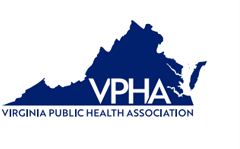Abstract
Background: This study examined how refugees in central Virginia, United States were able to access public health information about COVID-19 and any barriers to following COVID-19 prevention guidelines.
Methods: Individual interviews were conducted with refugees (n = 40) attending a family medicine clinic serving refugees and immigrants. Participants answered questions about their primary methods of obtaining COVID-19 and COVID-19 vaccine information, how they prefer to receive this information, information given by employers, precautions taken at their place of work, and current vaccination status.
Results: We found that television and social media played a large role for refugees in obtaining COVID-19 information. Participants noted they preferred in-person visits and phone calls to communicate with their healthcare providers, who were important for disseminating vaccine information.
Discussion: This is one of the first studies to explore how refugees obtain health information related to COVID-19 and the vaccine, and provides valuable information as vaccination outreach continues in light of new viral strains and increased need for booster vaccinations. Conclusion: The results of this study can guide development of health communication materials to engage refugee communities as the COVID-19 pandemic evolves and responses to it
Recommended Citation
Patel, Krunal; Blackstone, Sarah R.; and Hauck, Fern R.
(2023)
"Virginia Refugee’s Access to COVID 19 Health Information,"
Virginia Journal of Public Health: Vol. 8:
Iss.
1, Article 9.
Available at:
https://commons.lib.jmu.edu/vjph/vol8/iss1/9

